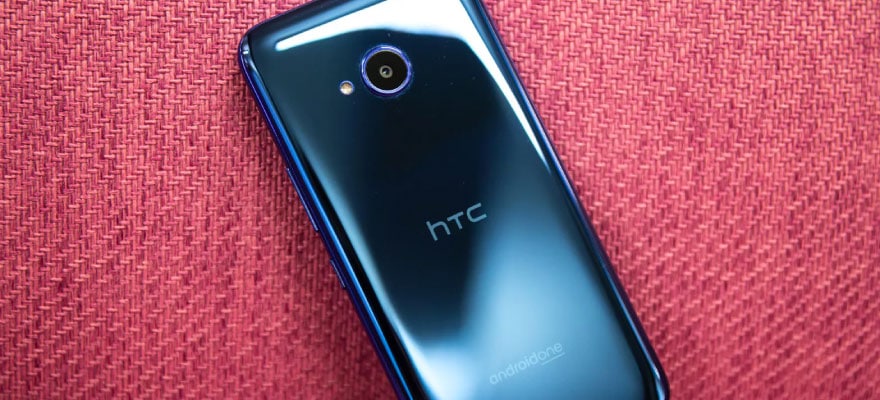Taiwanese smartphone maker HTC continues to embrace the Blockchain trend, today announcing that its Android smartphone Exodus will support more decentralized applications (DApp). HTC also unveiled its flagship blockchain-focused mobile has partnered with web browser Opera to roll out a cryptocurrency micropayments functionality.
Exodus already features crypto-linked functions such as a cold storage crypto wallet, secure exchange access, encrypted communications and a P2P resource sharing ecosystem for payment and apps.
According to a Verge report, the most interesting addition is an app called Numbers, which tracks user data in a transparent manner and then allows users to sell their personal info a list of companies in cryptocurrency. Integrating blockchain technology in the phone bolsters the security of this process, as well as the privacy of a user's assets, and will in the future help with protecting a customer's data and identity.
HTC's shifting strategy regarding smartphones
“Now not only can users own their data, but it forces companies to be more transparent about how that data is used,” says Phil Chen, who is best-known as the founder of the Vive virtual reality headset at Taiwanese phone maker.
Offline storage of digital currencies will be extremely secure with Exodus provided that the private keys are backed up and never shared.
One of the more interesting features is the inclusion of exodus phones to create a native blockchain network, acting as nodes to facilitate cryptocurrency trading among the phone users.
However, HTC is not the first to consider producing a blockchain powered phone as the Israeli startup SIRIN LABS is already touting its Finney product as the world’s first blockchain phone.
In turn, Opera was the first ever full-fledged browser to adopt Cryptocurrencies . In July 2018, the Norwegian company launched the world’s first internet browser with a built-in cryptocurrency wallet with its Android mobile application.

















